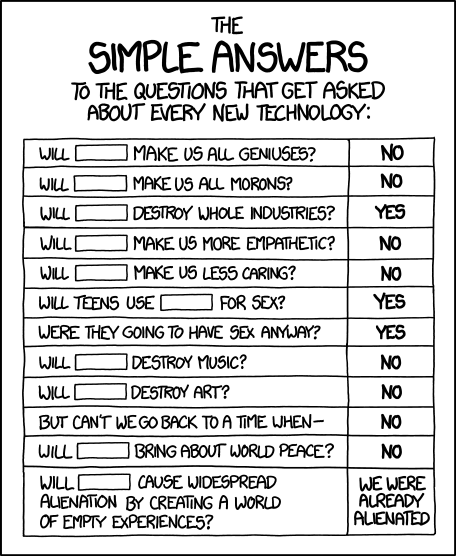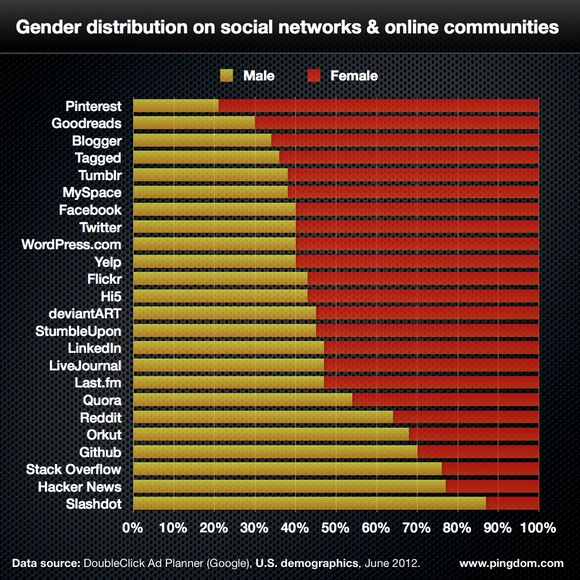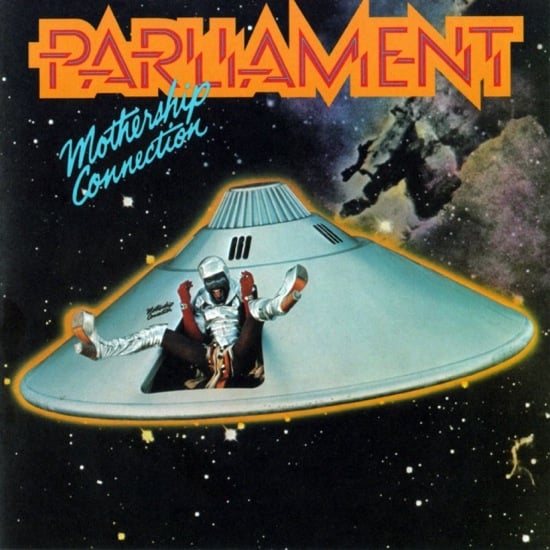___With the Lilly Allen “Hard Out Here” video blowing up teh interwebs this week, I wanted to briefly revisit and expand on my earlier piece on “trolling as the new Love & Theft.” You can read it here. In particular, I want to expand my argument there in the direction of a conversation Nathan and I were having Tuesday over Twitter. We were talking about the idea of “coincidental consumption.” There Nathan defined it as a “passive byproduct of the sharing economy.” I don’t think it’s entirely passive..or active–it’s a both/neither case, as I see it. Coincidental consumption requires activity, input, and attention; it’s just that all these are indirect, or, if direct, momentary digressions. It’s a co-incidental consumption: it happens together with the primary mode of attention and address, but as a secondary or tertiary (and so on) concern.
Note: I’ve been invited to participate in a game culture event in January, a joint venture between the Brooklyn Institute for Social Research and the Goethe Institut. This post is me trying to organize some of my thoughts for that event. So if it seems a bit fractured and confused, please forgive.
I guess I find these games insanely irresponsible and also somehow irresistible, which is what I most hate about them. Couldn’t you argue that the men and women who make Battlefield and Modern Combat and Call of Duty are making the world a demonstrably worse place? I think you could. Sometimes I wonder how they sleep at night. Sometimes, when I can’t sleep at night, I play Call of Duty. – Tom Bissell
I keep coming back to Spec Ops: The Line.

After seeing today’s XKCD (above) I sort of wish I had written all of my digital dualism posts as an easy-to-read table. I generally agree with everything on there (more on that later), but I’m also pretty confused as to how Randall Munroe got to those conclusions given some of his past comics. I can’t square the message of this table with the rest of Monroe’s work that has maligned the social sciences as having no access to The Way Things Are. The table is funny specifically because the social scientists he pokes fun of, did a lot of work to make those answers plainly (painfully?) obvious. How does someone with an obvious resentment for the social sciences, also make a joke about how we were always already alienated? more...
Computer Virus TV News Report 1988
“a prior exposure on Facebook will lead to increased arousal during a face-to-face encounter”
“The cruel trick is that “the internet sucks” is a self-fulfilling prophecy”
“everyone who has ever masturbated understands the limitations of the [openness] paradigm”
“seeing yourself do something to make yourself become something“ more...

The merits of voting[1] have come under scrutiny as of late, thanks in part to Russell Brand’s comments on the topic in his guest edited edition of the New Statesman. (Oh and I think there might have been an interview as well.) I’m highly suspicious of voting as well, which is why my ballots are mostly blank except for the one or two things I think might be strategically useful in later direct action. I voted earlier this week in a local election because my city is still small enough that there are very real and tangible differences to electing one counsel person over another: One city council person authorizes citizen working groups to organize municipal composting while another led the charge to close an indy media center that hosted an Iraqi artist because… terrorism.[2] A lot has already been said about the efficacy of voting and why it alone cannot possibly bring about the fundamental change that politicians promise. Besides, if you’ve read your Zinn, you know that all the important stuff happens between elections anyway. What I want to touch on today however, has less to do with government elections, and more to do with the abstract concept of voting. Why is it that, if voting is implemented within a system, do we automatically assume that it is more democratic? What happens to social networks and web platforms when we install voting as the overriding system of displaying public opinion? Why shouldn’t the critique of voting in general be directly imported as a critique of the social networking sites that use voting as the primary form of interaction on the site? more...

This post is gonna wind its way through the last 30 years of pop culture on its way to saying something about Jenny’s recent post on “The ‘ought’ of Technology.” I want to broaden the lens from technology in particular to pop culture in general, because I think the “ought” Jenny identifies isn’t limited to tech use. The imperative to be moderate is a more generalized cultural norm. This concept of moderation may help us think about how norms and conventions about tech use are integrated in and impact other, less explicitly techy phenomena. It may also explain why nobody cares anymore about kids hearing hidden messages–e.g., from Satan–on records, but worries more about their BMI and their diet. more...
Alert to fanpeople: The film version of Ender’s Game is not the sprawling political epic Orson Scott Card created in the Ender series. Alert to those unfamiliar with the story: The film is, however, a lean and contemporary plunge into questions of morality mediated by technology, and in order to tease out various issues, I’m gonna spoil the heck out of both book and film.
If you’re watching hoping to have your heart yanked out and shaken, you’ll probably be disappointed. Asa Butterfield’s guileless face makes a plausible approximation of the story’s world-weary protagonist, Ender, but he struggles to bring emotion to an over-trimmed, manically paced story. Minor conflicts are presented in expository dialogue and resolved before we have a chance to parse Harrison Ford’s (aka Colonel Graff’s) cranky barks. Minor characters are sketched in a single phrase, and the world appears divided into cute children who drift inevitably into Ender’s circle, and less typically-bodied children whose essential malice leaves them beyond redemption. Hood does a decent job of not Hollywood-izing the story beyond recognition: Here is Ender, cerebral, tormented, pubescent strategic genius in a world where children’s minds are employed as the best military defense against an alien enemy. Ender is taken from his home to Battle School in space, subjected to increasingly grueling battle simulations, and, in his final moment of victory is devastated to learn that the simulations were actually the real war. Without realizing, he has annihilated the aliens’ home planet. more...
Over the last couple of weeks, a YouTube video (above) of New York artist Richard Renaldi has continued to populate my Facebook News Feed. Renaldi’s project Touching Strangers is such that he positions strangers together in an intimate poses and photographs them. Despite lack of prior contact, these photographs depict what look to be quite sincere expressions of emotion. Moreover, the subjects interviewed in the video say that they feel some sort of connection towards those with whom they posed. This is certainly moving, admittedly interesting, but as a trained social psychologist, not very surprising. It does, however, offer interesting implications for people’s oft-spouted rants against in-authenticity and identity work on social media.
Let me begin by discussing the sociology of the work. I will them move on the implications for authenticity in light of new technologies. more...

“the Internet is where we live. It’s not a place we go to anymore; it’s a layer over everything”
“Unsolved Mysteries injected a sense of the enchanted in an otherwise mundane suburban landscape”
“the tools used to make film, the science of it, are not racially neutral”
“why must a photo of my face be justified when a photo of my bookshelf is not?”
“Week 5: Feedback: Bruno Latour comments on your blogs”
“the Internet is producing more extreme forms of modernism than modernism ever dreamed of”
Nathan is on Twitter [@nathanjurgenson] and Tumblr [nathanjurgenson.com].

This post is basically speculative. It’s a question, or rather, a hypothesis. I’m not citing empirical evidence so much as suggesting a line of inquiry, which then needs some grounding in empirical evidence. The question is this: If Afrofuturism uses UFO/alien spaceship imagery to describe slavery and middle passage,* can, and if so where, do drones fit in Afrofuturist mythology?


